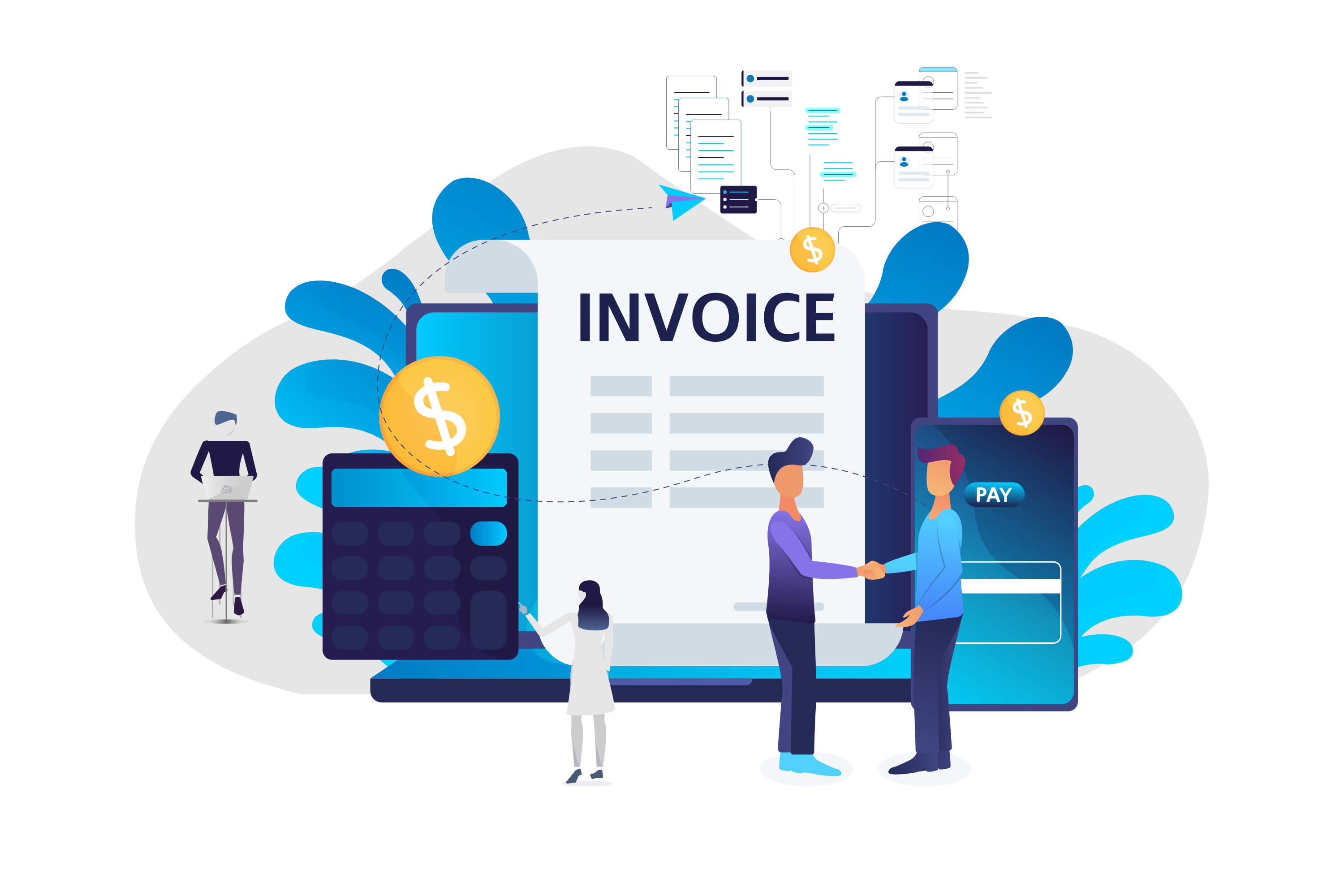Pacing up the E-invoicing journey through Intelligent Document Processing adaptation
Nikita Kalinin - 31st August 2022
Invoicing industry today and the digitalization tendencies within it
In the 21st century invoicing has become an inevitable part of the business world: it is an essential component of not only B2B and B2C but also inevitably of C2C, due to the significant increase of e-commerce and the rise of marketplaces. It is estimated that nowadays companies process nearly 750 billion invoices yearly and this number is expected to grow up to 2200 billion by 2035. At the same time, only around 10% of invoices today are used in e-format. That gives us a significant increase in paper usage according to the estimated growth of the invoicing turnaround, which does not comply with the environmental agenda that is becoming more and more important across all the economies. This is where the concept of e-invoicing comes on stage to help companies to adopt digital tools, move from paper-based invoices to digital versions and significantly save time on the outlined processes.
Advancement of invoicing through the Intelligent Document Processing platform
Several technologies represent a significant shift from the classic approach of invoice processing to the one which comes from industry 4.0, meanwhile, in this article, we are going to focus on how Intelligent Document Processing helps companies from a wide range of industries to cut costs, pace up and augment the accuracy of invoice processing. It is estimated that globally SMEs, as well as large corporations, averagely spend 12.5\$ per invoice processed. Besides, there are other significant financial implications, such as losses which are the results of human errors. Thus, the approximate loss among 83 financial institutions within 5 years (2014-2019) equals 482 billion €. Smart Layers’ IDP platform guarantees a high level of accuracy for data extraction and also has a cross-validation feature, which will assist an organization in eliminating any possibility of so-called human error taxes appearance. Besides, the adoption of IDP will resolve an issue of paperwork once and for all. It will be a benefit not only from the storage and usability perspective but also a significant benefit for the green approach augmentation for a company. Last but not least it shall be outlined that removing the manual input part will free the company’s employees for more significant and non-binary tasks, where the human intellect shall be applied.